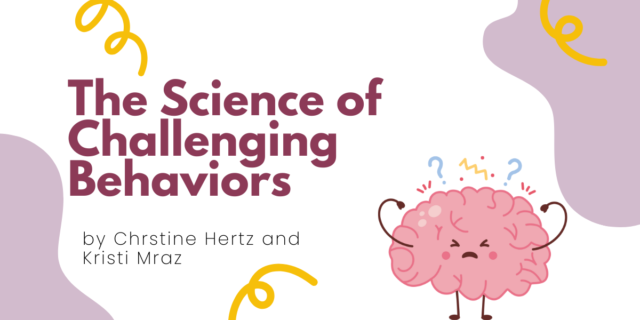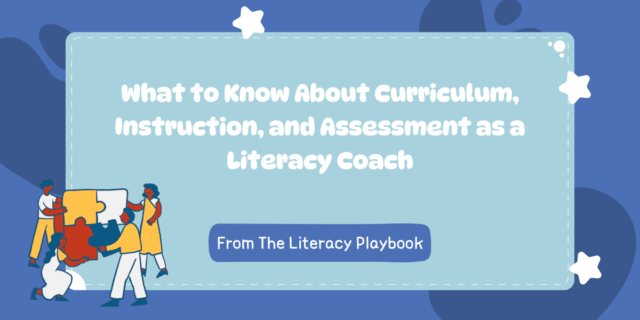
Literacy is a pillar of learning. From decoding words to crafting complex ideas in writing, strong literacy skills are essential for students to succeed in every subject. It’s why many teachers can feel overwhelmed when teaching literacy, especially as research and best practices continue to evolve. That’s where instructional coaches can help.
Instructional coaches serve as partners, working alongside teachers to implement practical strategies and translate research into classroom-ready practices. Christina Lastoria, an instructional coach with Heinemann who specializes in coaching literary, provides helpful insight and tips on how educators can best support student growth.
The Role of Instructional Coaches
Instructional coaches are educators who specialize in supporting teachers’ professional growth. Lastoria believes that coaching begins with listening. She explains that giving teachers space to share their challenges helps build a sense of trust. When teachers feel heard, they recognize that coaching isn’t about telling them what to do, but about meeting them where they are and working together towards solutions.
While every coaching relationship looks a little different, many follow a flexible framework often called a coaching cycle:
- Identify: Set a clear focus or goal together.
- Learn: Explore strategies, model lessons, and share resources.
- Improve: Reflect on what worked, refine, and plan next steps.
Maintaining connection throughout this process is key. Coaches often use regular check-ins to ensure there is consistent communication and ongoing support.
Advice from a Literacy Instructional Coach
Stay Up to Date on the Latest Research
One of the biggest hurdles teachers face is staying current with new research and evolving best practices on how people learn to read. Research emphasizes systematic, evidence-based strategies for teaching reading, but not every teacher has had the opportunity to dive into it.
Many teachers are still catching up with the research, and when frustrations arise, they often stem from gaps in understanding current research and best practices. “Grounding every coaching session in evidence about how students learn to read addresses this challenge head-on,” Lastoria notes, “It creates a shared foundation, reinforcing that everyone is working towards the same goal: helping students grow and achieve.”
By anchoring conversations in research, coaches help teachers see the “why” behind instructional decisions, which in turn can help them feel more confident in the “how.”
Encourage Academic Discourse
One of the most powerful shifts teachers can make in literacy instruction is moving from teacher-centered talk to student-centered discourse. “I saw a video of students in an elementary school once and it has resonated with me ever since,” Lastoria shares, “The students said (when referencing learning the classroom), ‘the people doing the talking are the ones doing the learning,’”
Too often, classroom conversations during reading and writing lessons are dominated by the teacher. While modeling and explaining are essential, students deepen their understanding when they actively engage in dialogue about texts and ideas.
Coaches often recommend routines that encourage every student to participate meaningfully. Here are a few strategies to try:
- Turn-and-Talk: Pair students to discuss a question or idea before sharing with the class.
- Sentence Stems: Provide prompts like “I agree with…. because…” or “One question I have is…” to scaffold discussion.
- Peer Feedback Circles: Create opportunities for students to share writing and respond to each other’s ideas.
These routines not only promote engagement but also strengthen comprehension and writing skills. When students articulate their thinking, they internalize concepts and build confidence as readers and writers.
Coaching for Literacy Success
Whether it’s introducing academic discourse or learning more about the latest research, these changes can make a big impact over time. When educators embrace collaboration and continuous learning, the impact reaches far beyond the classroom. Together, we can ensure every student has the opportunity to become a confident, capable reader and writer.
***
Looking for Coaching Support?
Heinemann offers professional learning designed to meet educators where they are. Whether you're beginning your first coaching cycle or looking to deepen your school’s coaching culture, we can help.
Explore coaching and more professional learning opportunities provided by Heinemann.
Explore Heinemann’s professional learning services.


